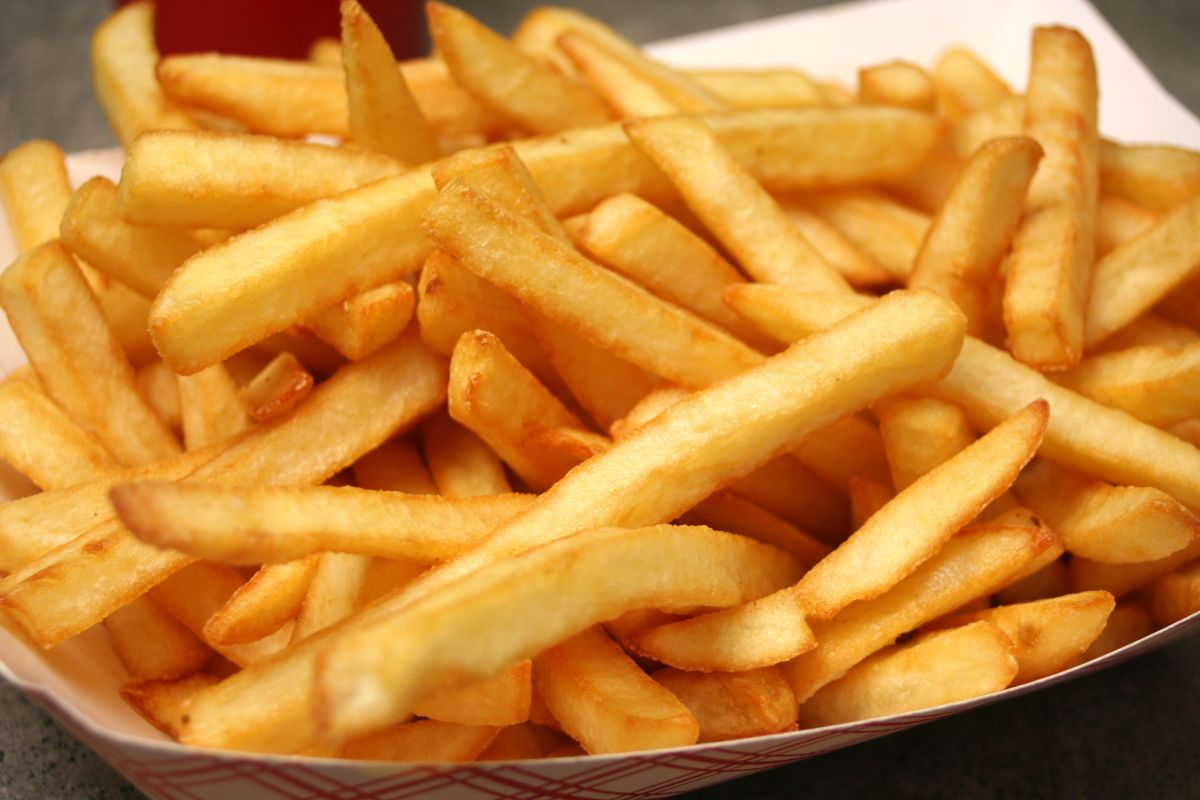Pub operators across Australia could be hit hard by a nationwide potato shortage, with some larger pub groups anticipating increased costs of around $500,000.
Suppliers have cited floods, fires and severe weather along with international shortages, supply chain and transport issues as the cause of the problem. Australia’s supply of potatoes has been decimated causing many products to be removed from supply chains and costs to potentially soar. For pubs, that means covering the cost, looking for alternatives or seeing menu price rises.
“Almost every pub classic involves a side of potato – be it steak and chips, bangers and mash, burger and chips, parma (or parmie) and chips, potato cakes, fish and chips – the list goes on,” AHA National President David Canny said.
“The increase in the price of potatoes puts more financial pressure on pubs already facing increased costs including power, beer excise, drinks over the bar, transport and staff. Already, in the lead up to Christmas venues are being warned to start using other vegies with meals instead of the traditional chip, or, of course, there’s always the healthy salad option for pub-goers.”
Red Funnel Food Service Distributers Director, George Sofianos said it had been a terrible year for potato crops in Victoria, where a large percentage of Australian potatoes are grown.
“International supply has also been impacted by drought – the other problem here in Australia is a delay in planting also caused by bad weather in Victoria,” he said.
The result is a 30 per cent to 40 per cent increase in the cost to suppliers. With an almost non-existent margin on potato products, it is difficult for suppliers not to pass the expense on to hoteliers.
Some larger pub operators have said the price increase could cost them up to around half a million dollars in 2024.
“We use around 200,000 kilograms of chips per year across our four venues so we could be looking at an additional half a million dollars in costs over a year,” Head of Lewis Leisure, which has hotels in QLD and NSW, Brad Jenkins said.
“At the moment we’re hoping it will be a three-to-six-month shortage and during that time we’ll absorb the cost so it doesn’t impact patrons, after that we may have to consider raising our prices.”

